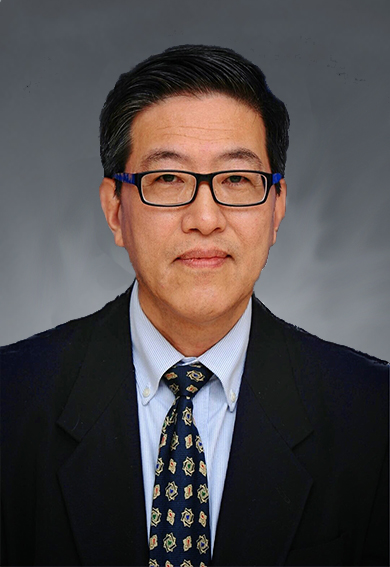-

- Li Weijian
- Senior Research Fellow
- Center for west Asian & African Studies
- Institute for Foreign Policy Studies
- Prof. Li Weijian interviewed by Global Times on the situation in Afghanistan
- Li Weijian:US leaves Iraq in tatters to target China, but still keeps the region on radar
- Middle East needs multilateral solutions to end violent cycles
- Despite hurdles, biggest wish of Afghans remains peace
- A US-Iran military conflict unlikely
Syrians voted on Sunday amid ongoing violence on a draft constitution that calls for multi-party rule and parliamentary elections. According to Syrian government figures, the new constitution received 89.4 percent approval from more than 8 million voters. Will multi-party rule bring any change to Syria? Will the chasm among the world's great powers on Syria lead to more confrontation? Global Times (GT) reporter Wang Wenwen talked to Li Weijian (Li), director of the Institute for Foreign Policy Studies of the Shanghai Institutes for International Studies, on these issues.
GT: Although the constitution received high approval from voters, it has been strongly dismissed by Syria's opposition. How do you view the result?
Li: The Syrian people face two choices. One is to realize political reform by themselves, the other is to abide by the West's desire to overturn Syrian President Bashar al-Assad's regime, which will result in a civil war.
The result doesn't necessarily mean that the public likes the current government or fully supports Assad's regime. But it at least shows that most Syrian voters support peaceful means to solve their internal affairs rather than relying on external forces.
Now although the Syrian opposition fiercely encourages a boycott of the vote in an effort to smash its credibility, we have already seen a split within the opposition. The confronting positions of anti-regime groups and those favoring internal reforms will determine how the situation in Syria will evolve.
Meanwhile, the vote's result will have an influence on some, such as the Syrian populace, Syrian opposition groups, and even some countries, who are undecided on which side to take.
GT: Will the new constitution lead Syria into democracy? Will multi-party rule bring any changes?
Li: The vote is not a comprehensive national one, as some ordinary people and the opposition didn't vote and won't accept such a constitution. The content of the new constitution can be changed to fit in more people's interests. But the overall situation of Syria won't turn it into a democratic country so smoothly. Meanwhile, the West will also make trouble in this process. This is the biggest obstacle.
We should also be clear what democracy means to Syria. As Syria has its own cultural and religious background, it surely can't adopt Western-style democracy.
Many countries have quickly established multi-party systems, but they don't work very well. If Syria is forced to become a multi-party ruling country very fast, it will only become another Iraq. Even if nominally it is under a multi-party rule, will this bring peace and prosperity to the country? As Syria doesn't have the basis for multi-party rule, it will take time to see if the system will bring any real changes to the country.
GT: Since the unrest began, the West has wanted to overthrow Assad's regime, but so far it hasn't found a "reasonable" way. Is this the reason why the West objected to the vote?
Li: In the past, we have seen negative Western reports on the Syrian government and Assad was depicted as unpopular. Although the unrest in Syria only took place in some major cities, it seemed that the humanitarian crisis had spread to the whole country. The US made use of this to condemn the Syria government.
The West, including the US, wants to set up an international league to overturn Syria, as they did in Iraq and Libya. The West has bet that the Syrian government will step down. If it doesn't, the West will lose, not only to Syria, but also in the eyes of the international community.
That's why the West was furious when China and Russia joined hands early this month in vetoing a UN resolution calling for sanctions on the Syrian government. As a member of the UN Security Council, China only exercised its democratic right to object to the plan but was still condemned by the US.
The "Friends of Syria" conference earlier this month was just another trick of the West to rope in more countries to oppose to the Syrian regime. However, its declaration to call for new sanctions on Assad's government was not endorsed by all the attending countries.
GT: Will the chasm among the world's great powers such as China, Russia, and the West on Syria lead to more confrontation?
Li: I don't think so. No country would like to see such a situation. It will be more common that each country voices its opinion on international issues. The era of Western domination is failing. While the West condemns China as voicing its opinions for the sake of its own interests, such as oil, it also fears that China will challenge their global leadership status.
Although China's promotion of a harmonious international community seems vague, when it comes to concrete issues, China's stance is clear. For example, China promotes a harmonious Syria which is not interfered with by outside armed forces.
More countries will take part in international issues, and they are not necessarily confronting with each other. Cooperation should be stressed. The West must also have realized that.
Source of documents:Global Times
